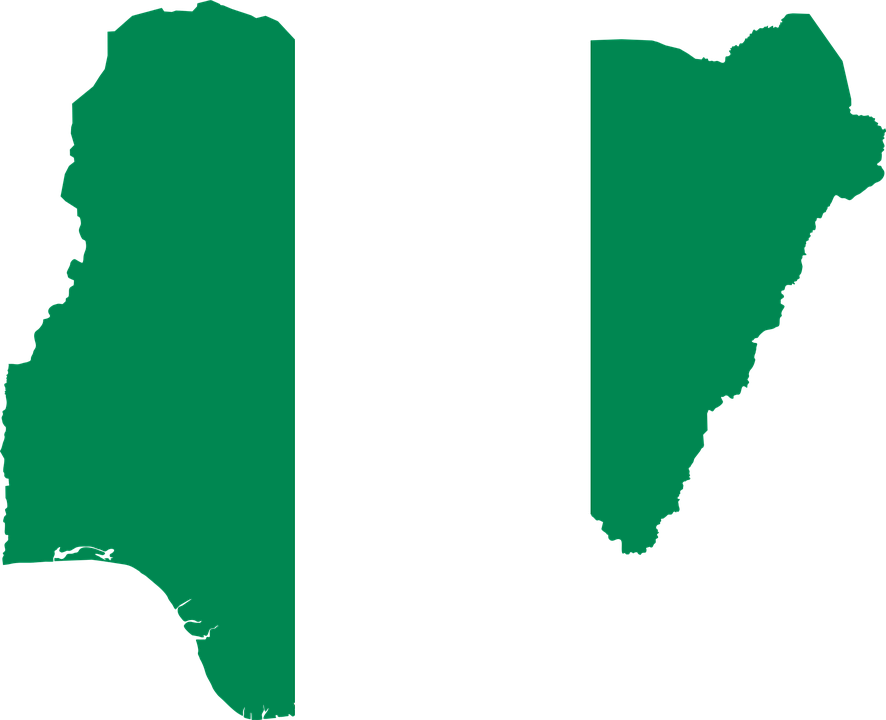Non-manufacturing index sustains decline
Naira depreciates as I&E turnover falls 30% to $612.45m
External reserves rises further to $36.5bn
By Babajide Komolafe & Elizabeth Adegbesan

THE Manufacturing Purchasing Managers Index, PMI, dropped to 42.4 index points in May, 2020 from 51.1index points in March, 2020, the first contraction in the manufacturing sector in 37 months.
The Central Bank of Nigeria, CBN, disclosed this in its PMI report for May. The report also showed that Non Manufacturing PMI dropped sharply by 23.9 index points to 25.3 index points in May from 49.2 index points in March. This is the second consecutive months of decline in the Non Manufacturing PMI. The report showed that 30 subsectors, out of the 31 surveyed recorded contraction during the month.
The contraction recorded across the 30 subsectors in May reflects the severe impact of the various COVID-19 induced restrictions and thus confirms that the nation’s economy is heading for another recession as projected by the International Monetary Fund, IMF, the World Bank and the Federal Government. While the Brettton Woods agencies projected that the nation’s economy will contract by 3.3 percent in 2020 owing to the impact of the COVID-19 pandemic, the Nigeria Bureau of Statistics, according to the Minister of Finance, Zainab Ahmed, is projecting contraction of 4.4 percent.
READ ALSO:NDDC probe: We will not succumb to cheap blackmail from any quarters ― Senate
The report stated: “The Manufacturing PMI in the month of May stood at 42.4 index points, indicating contraction in the manufacturing sector for the first time after recording expansion for thirty-six consecutive months.
Of the 14 surveyed subsectors, only the electrical equipment sector reported growth (above 50 percent threshold) in the review month, while the remaining 13 subsectors reported declines in the following order cement; petroleum and coal products; printing and related support activities; furniture and related products; textile, apparel, leather and footwear; paper products; fabricated metal products; food, beverage and tobacco products; chemical and pharmaceutical products; transportation equipment; plastics and rubber products; nonmetallic mineral products; appliances and components and primary metal.
“Business activity, new orders, employment level and inventories contracted in May 2020. The composite PMI for the non-manufacturing sector stood at 25.3 points in May 2020, indicating contraction in Nonmanufacturing PMI for the second consecutive month. The index declined below the turning point of 50 points in the review month.
“All of the 17 subsectors surveyed subsectors recorded declines (below the 50 percent threshold) in the following order: construction; repair, maintenance/washing of motor vehicles; electricity, gas, steam and air conditioning supply; educational services; agriculture; finance and insurance; information and communication; water supply, sewage and waste management; accommodation and food services; real estate, rental and leasing; professional, scientific and technical services; wholesale trade; health care and social assistance; management of companies; transportation and warehousing; arts, entertainment and recreation; utilities.”
Naira depreciates as I&E turnover falls 30 per cent to $612.5m in May
Meanwhile the naira depreciated in the Investor and Exporters, I&E, window in May as dollar scarcity persisted in the window prompting 30 percent decline in the volume of dollars traded (turnover) during the month. Financial Vanguard analysis shows that turnover in the I&E window fell to $612.45 million in May from $873.96 million in April.
This represents the second consecutive monthly decline in the volume of dollars traded (turnover) in the window since January 2020. Turnover in the window stood at $5.6 billion in January 2020 from where it rose by 31 percent to $7.34 billion in February.
The upward trend continued in March when monthly turnover in the window rose by three percent to $7.55 billion. This trend was however reversed in April when the volume of dollars traded fell by 88 percent to $873.96 million and down again by 30 percent to $612.45 million in May.
Financial Vanguard analysis of weekly turnover in the window showed that $238.75 million was traded in the first week of May. Turnover dropped by 44 percent to $133.23 million in the second week but rose by 40 percent to $186.44 million in the third week. The turnover fell in the last three days of the fourth week by 72 percent to $54.03 million.
Reflecting the impact of the decline in turnover in the window, the naira depreciated by N2.33 kobo in May as the indicative exchange rate of the window rose to N386.33 per dollar on May 29 from N384 per dollar on May 4.
The naira also suffered sharp depreciation in the parallel market in May due to continued dollar scarcity followed by continued suspension of dollar sales to bureaux de change (BDC) operators by the CBN. The scarcity prompted to parallel market exchange rate to rise sharply to N446 per dollar at the close of business on Friday, May 29, from N430 per dollar at the end of April.
External reserve rises further to $36.5bn
The nation’s external reserves continued its upward trend as it rose for the fourth consecutive weeks to $36.499 billion, Thursday, May 28 from $35.767 billion on Thursday, May 21. This translates to week-on-week increase of $731 million.
The reserves have been rising since April 29, following the release of $3.4 billion to Nigeria by the International Monetary Fund, IMF, through its Rapid Finance Instrument, RFI, to support the country’s efforts against the COVID-19 pandemic.
As a result, the reserves, which lost $11.75 billion or 26 percent in 10 months, from $45.175 billion on June 10, 2019, commenced steady upward movement from $33.427 billion on April 29, gaining $3.072 billion or 9.1 percent in the four weeks ended Thursday, May 28.
The post Manufacturing sector contracts as index reverses 37-month stability appeared first on Vanguard News.
https://ift.tt/2AnMvGi by Urowayino Jeremiah via Vanguard News Albert Einstein Fools of Fortune
Comments
Post a Comment